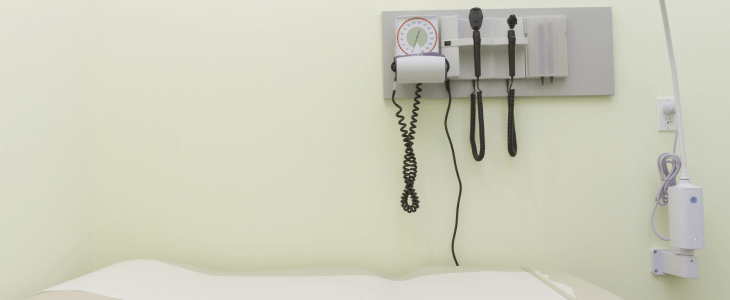If you think a doctor has misdiagnosed you, ask your doctor for a detailed explanation of your diagnosis and why they chose it. Next, seek a second opinion from another doctor to compare diagnoses. Keep a record of your symptoms, treatments, and any changes in your health. Finally, consider talking to a malpractice lawyer if the second opinion greatly differs from the first or if your condition worsens due to the initial diagnosis.
Understanding Misdiagnosis
A misdiagnosis happens when a doctor incorrectly identifies a patient’s illness or condition. This mistake can take several forms. For instance, some misdiagnoses occur when doctors fail to diagnose existing conditions entirely, leaving patients in the dark and without the necessary treatment. Other times, doctors might incorrectly identify certain conditions as other health issues, leading to unnecessary, ineffective, and sometimes harmful treatments. In some misdiagnosis scenarios, doctors correctly identify the conditions but fail to do so promptly, causing delays in critical care. Misdiagnoses can happen for many reasons, including rushed examinations, poor communication between medical staff, or misinterpreted test results.
Commonly Misdiagnosed Conditions
Misdiagnosis is particularly common for certain medical conditions because their symptoms can closely resemble those of other diseases or because they are rare or complex. Doctors might not always catch these conditions early or correctly, which can lead to inappropriate treatments or no treatment at all. Here are some examples of commonly misdiagnosed conditions:
- Heart Attacks — Doctors sometimes mistake heart attacks for less serious issues like indigestion or anxiety, especially in women. Heart attack symptoms in women can include shortness of breath, nausea, and back pain, which are different from chest pain and other symptoms that are more common in male patients.
- Lyme Disease — This condition, caused by tick bites, often presents symptoms similar to the flu, such as fever, chills, and joint pain. Its signature rash doesn’t always appear, so doctors frequently misdiagnose it as a viral infection instead of Lyme disease.
- Multiple Sclerosis (MS) — MS affects the brain and spinal cord and can cause symptoms like fatigue, muscle weakness, and vision problems. These symptoms can vary greatly and develop slowly, making it easy for doctors to confuse MS with other conditions related to the nervous system.
- Celiac Disease — This autoimmune disorder causes severe gluten sensitivity and is often mistaken for other digestive problems like irritable bowel syndrome (IBS). Symptoms include stomach pain and bloating, but specific tests are required for accurate diagnosis.
- Fibromyalgia — Characterized by widespread pain, fatigue, and cognitive issues, fibromyalgia is tricky to diagnose. Its symptoms overlap with many other conditions, leading to frequent misdiagnoses as arthritis or even psychological disorders.
Proving a Misdiagnosis Case
Proving a misdiagnosis case requires showing that you got hurt or sick because your doctor did not provide the appropriate standard of care when diagnosing you. In other words, you must prove they made a mistake that other doctors wouldn’t have made under similar circumstances and that you suffered preventable harm as a result.
To prove your case, your lawyer will start by collecting all your medical records, test results, and other documents showing what the doctor did or didn’t do. Then, they will work with medical experts who understand all the medical jargon in your records and can explain what your symptoms should have indicated to your doctor. These experts know the standard practices in the field and can point out where your doctor went wrong.
It’s important to understand that not all adverse health outcomes result from misdiagnoses. Medicine is complex; even with the best care, treatments can fail, and conditions can worsen. Sometimes, diseases progress in unexpected ways that even the most skilled doctors can’t predict. Proving malpractice involves showing that a doctor’s actions deviated from standard practices in a way that caused you preventable harm. This is why you should always contact an experienced malpractice lawyer if you believe you have a case.
Contact a Medical Misdiagnosis Lawyer Now
Do you think you’ve been misdiagnosed? Contact Rochelle McCullough for an initial case review. Our skilled team is ready to listen to your story, answer your questions, and explore your options.
